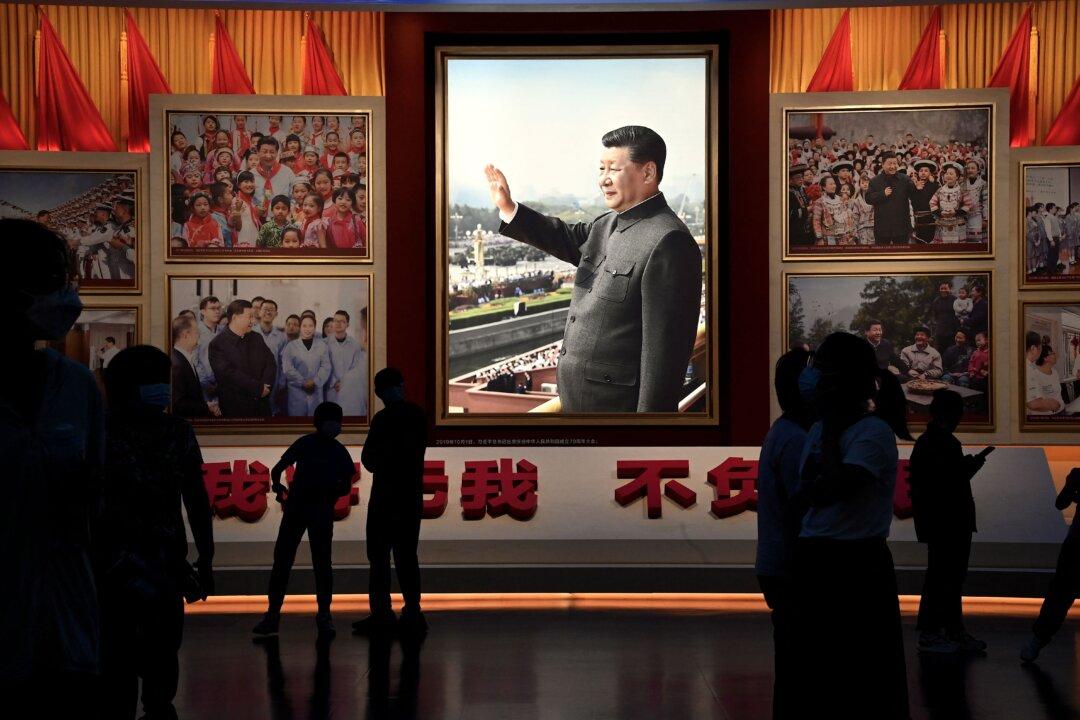Commentary
Despite the fact that communism has failed to deliver its promises in every country in which it has been tried, Chinese leader Xi Jinping continues to push “communist innovation” as the way ahead for China, while claiming that “Marxism works, particularly when it is adapted to the Chinese context and the needs of the times,” as reported by state-run media China Daily on July 3.





